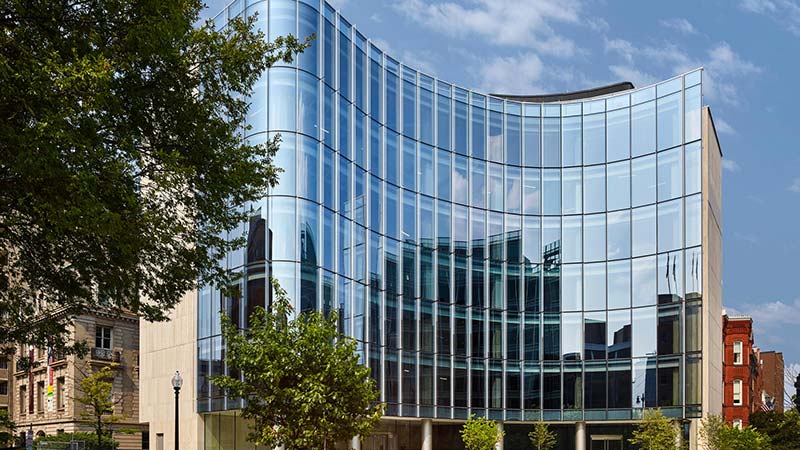Watch and Share Clips of Testimony
Edward Mosberg on Why He Tells His Story
Holocaust survivor Edward Mosberg explains why he feels it is so important for him to tell his story.
Ernest James Offers a Message to Future Generations
Liberator Ernest James offers a word of advice to future generations about the importance of personal responsibility, especially the charge of democratic participation.
Sally Birnholz on Hope
Sally discusses her difficult time living in the Parschnitz camp. She remembers going through a camp selection for Dr. Mengele and trying her absolute best to stay out of the way of the guards. Hope was the only thing that kept her going and she believed she still had a future.
Helen Colin on the Liberation of Bergen-Belsen
Helen remembers being liberated from Bergen Belsen on April 15, 1945 - her 21st birthday.
Ways To Give
We appreciate your interest in supporting USC Shoah Foundation and invite you to learn more about the many ways to make a gift:
Funding Opportunities
It is our pleasure to provide a list of priority funding opportunities as a resource for our philanthropic community. The list below aligns with the Institute’s strategic priorities and programmatic offerings.
Impact of Giving
Your gifts to USC Shoah Foundation make real-world impact across the Institute’s programs and around the world. Learn more about a few of the people touched by the Institute’s work made possible because of generous donors.

Andres Ruiz
Andres Ruiz, a high school sophomore from Lynwood, Calif., is a member of the Institute’s William P. Lauder Junior Intern Program for middle and high school students. “Testimony has changed the way I look at people,” he said. “Now I look at people with many stories, not just one.”

Tori Blackburn
In response to the Institute's 100 Days to Inspire Respect initiative, “it makes my students look at things from a different perspective, not just the ‘me’ perspective,” she said. “That’s the biggest thing I think they’re going to get out of it, learning to be more empathetic to others.”

Suzi Weiss-Fischman
“There has to be a human connection, so young people can listen, learn and talk through their feelings. Programs like the Master Teacher Program are more important than ever, and Institute's work is just beginning.”

Teresa Walch
“To be at the Center for Advanced Genocide Research here at USC Shoah Foundation – it’s amazing, the resources I have and the connections I can make. It’s really a fantastic place for me as a young historian to be.”






